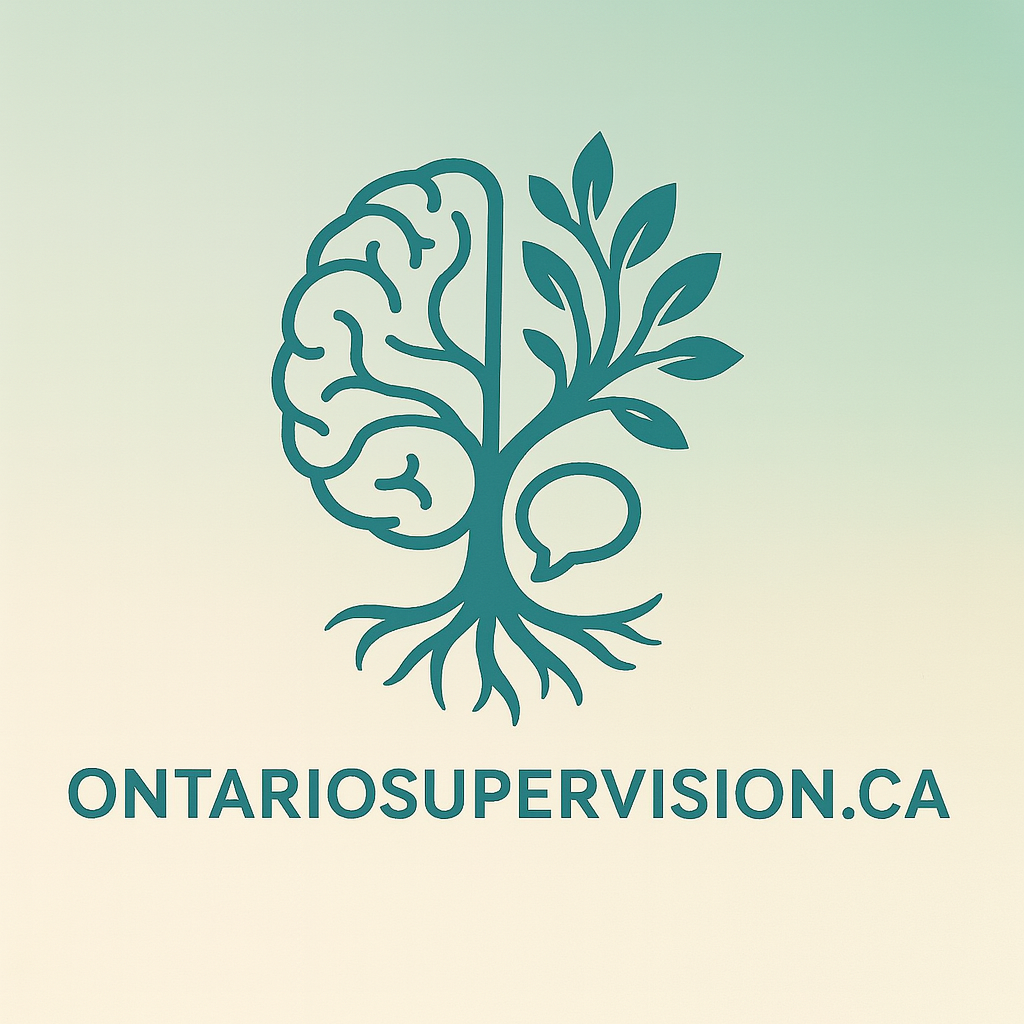
Healing Trauma & Integrating Parts: IFS & EMDR Supervision for Ontario Professionals
Ontario Supervision provides comprehensive clinical supervision for CRPO-registered psychotherapists. Our expert supervisors offer specialized training in Internal Family Systems (IFS), Eye Movement Desensitization and Reprocessing (EMDR), and a wide range of other evidence-based modalities.

The State of Mental Health in 2024: A Generation Shaped by Crises
The state of mental health in 2024 is complex, particularly for young people grappling with the pandemic's aftermath. This article explores the impact of COVID-19, inflation, and economic uncertainty on mental well-being. Discover how Ontario clinical supervision and CRPO supervision are essential in supporting therapists navigating this new landscape.

Navigating Complex PTSD Cases Through CRPO Clinical Supervision in Ontario
Explore the transformative role of Ontario's clinical supervision within the CRPO framework as experienced therapists navigate complex GAD and PTSD cases. Discover insights into grounding techniques like the 3-3-3 rule, emphasizing the significance of regulated, collaborative approaches in mental health care

The Role of Clinical Supervision in Coping with the Loss of a Client: A Review of the Literature
One way to cope with these emotions is through clinical supervision. Clinical supervision is a formal process in which experienced mental health professionals provide guidance and support to therapists who are in training or looking to improve their skills

Medical Assistance in Dying in Clinical Supervision
As of March, 2023, people whose primary diagnosis is a mental health concern will be eligible for Medical Assistance in Dying (MAID) throughout Canada. Understandably, this is a concerning time for many mental health practitioners and questions remain about what actually constitutes “‘grievous and irremediable’ mental illness”.

Why Does Clinical Supervision Give Me Anxiety?
In fact, anxiety is the most recognized emotion for both supervisors and supervisees (Kuo et al., 2016). One of the many theories for why anxiety is so prevalent in clinical supervision is the many roles that a supervisee might take on a daily basis. They could be a student, a parent, a partner, a therapist and a supervisee all in one day. These dual roles of the student and trainee at the same time can lead to role conflict. The roles of student and the role of therapist are quite different, yet we expect supervisees to effortlessly sway back and forth between the two roles. The two roles are behaviourally-distinctive from one another (Holloway, 1995) so having to switch between the two can be anxiety-provoking.
